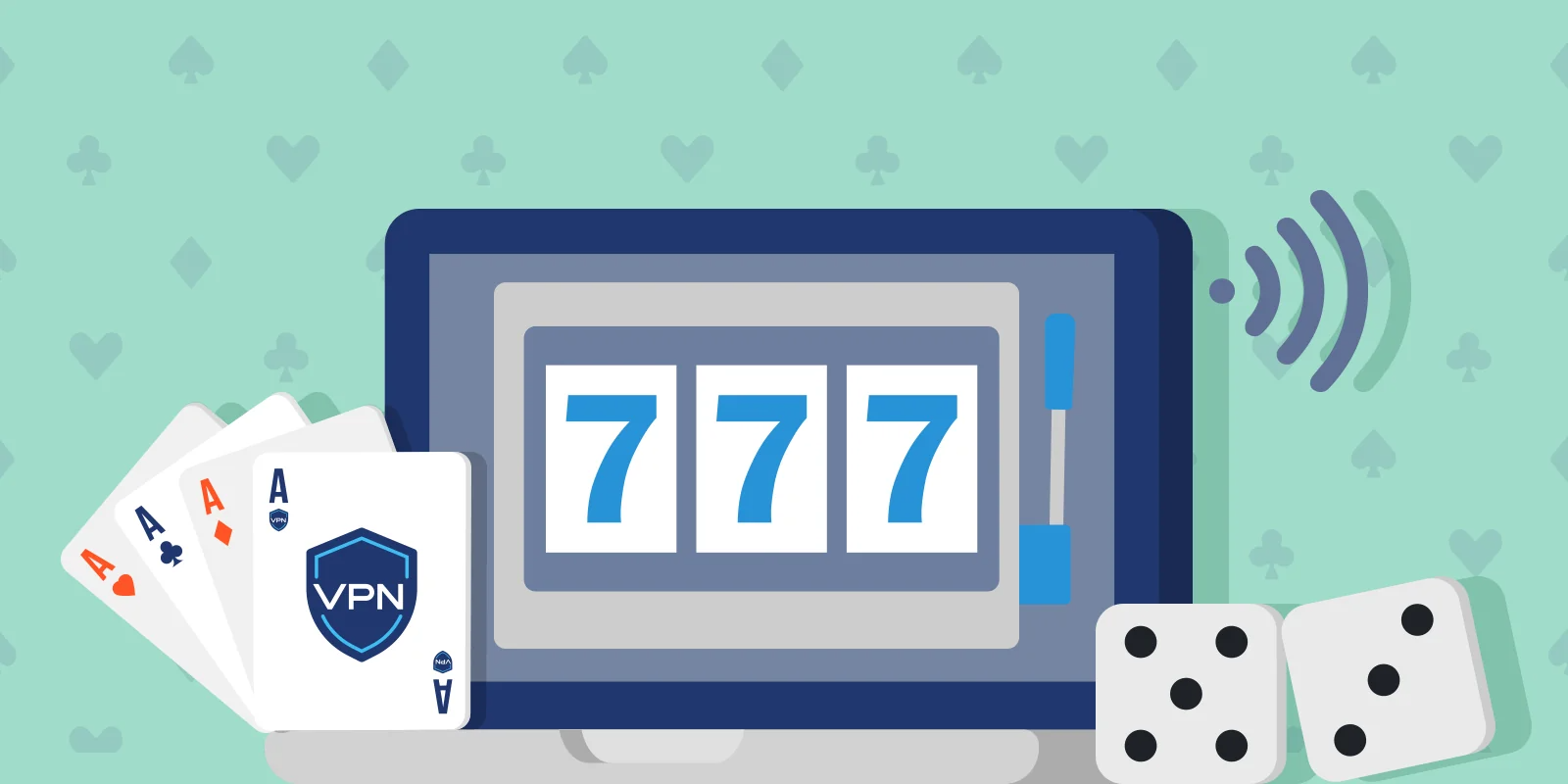In a dynamically evolving digital landscape, online gambling has taken center stage, commanding a prominent position that significantly impacts worldwide economies. As with any facet of our society and economy that involves real money transfers, online betting brings with it a complex web of regulations and laws. These regulations govern how companies operate and how players safely interact with the online gaming world. To give you some perspective, this article will explore the legal frameworks regulating online gambling, with a focus on sports betting, casino games, and online casinos in particular.
Online Gambling: Legal Aspects and Jurisdictional Overview
Exploring the Legal aspects of online casinos involves delving into varied terrain marked by occasional ambiguities and substantial disparities across different jurisdictions. In the United States, for instance, the federal government had for years maintained a clear stance against sanctioning and regulating online casinos within its jurisdiction. This changed drastically in recent years, as the legal landscape saw several drastic shifts.
Nowhere can this change be seen more clearly than in New Jersey, a state pioneering the move to legalize online sports betting and other types of online gambling. Predictably, jurisdiction in online gambling matters features prominently when discussing the legal aspects of online gambling: A Global Perspective.
An Analysis of Internet Betting Legality and Regulatory Landscape
Examining the ‘Internet betting legality’ involves a comprehensive look at the tapestry of regulations governing online casinos. Regardless of location or jurisdiction, several broad principles cut across board. For example, all casinos must command licenses and apply fair gaming practices.
Navigating the regulatory landscape for online gambling reveals a labyrinth of procedures and checks that online gaming operators must clear. Companies operating in states like New Jersey must meet stringent demands for compliance in online gaming. This demonstrates the state’s commitment to ensuring legitimate online betting while protecting both customer rights and the industry itself.
Decoding Legal Challenges and Compliance in Virtual Casinos
Discussion about online gambling cannot miss the legal challenges in online gambling. Sometimes, these challenges spring from inherent conflicts in the gambling licensing requirements. Inconsistencies in applying the prescribed requirements across jurisdictions expose operators to the aggravating complexities of rights reserved legalities that sometimes require seeking redress in courts to resolve.
Below the surface, the gambling industry legislation carries its weight in the race for legitimizing online gaming. In fact, regulatory compliance and adherence to laid down operational guidelines have become benchmarks for assessing the legitimacy of virtual casinos.
Understanding Rules and Licensing Requirements for Legitimate Online Betting
Having a deep understanding of E-gaming legalities is crucial for any potential player or entrepreneur looking to explore the digital betting landscape. It offers them insights to distinguish between legally operating online casinos and shady operations. They can evaluate gambling licensing requirements essential in establishing legitimate online betting platforms and comply with cyber gambling rules.
Unfolding Cross-border Gambling Laws and International Policies
The globalization of online gambling brings up the issue of Cross-border gambling laws. These international gambling policies try to check the potentially negative global spillover effect of online gambling, particularly in economies with strict anti-gambling laws. Globalization also means understanding Cybersecurity in online casinos to protect players and the very integrity of the games themselves.
Understanding Digital Wagering Regulations and Cross-National Game Regulations
Just like many other aspects of the global economy, online casinos and other betting platforms must comply with a range of international laws and regulations. These digital wagering regulations elaborate on the standards that e-gaming platforms must meet to protect both their business and their players.
Apart from the expected compliance with local legislation, operators in the online gambling industry must also play ball with cross-national gaming regulations that address issues as diverse as gambling licensing requirements and the legalities surrounding online sports betting laws.
Protecting Players: Cybersecurity and Player Protection in Online Casinos
With the rise of cybercrime, player protection in online gambling has become increasingly important. This includes robust cybersecurity in online casinos to guard against pervasive threats such as identity theft, financial fraud, or even total data breaches.
Furthermore, operators in the online gambling industry are routinely faced with the challenge of curbing cybercrime in online betting while dealing with compliance challenges. There’s also the influence of anti-money laundering in online casinos measures, which act as a deterrent against these platforms being used to launder illegally earned money.

Looking at Cybercrime and Anti-Money Laundering Measures in Online Casinos
Examining the reality of potential threats, you’ll find that online casinos are not without their risks. In the context of online gambling, cybercrime takes up many forms and disguises, geared towards swindling unsuspecting players or even the gaming platforms themselves.
Therefore, it’s essential to safeguard the legitimacy of virtual casinos by implementing rigorous anti-money laundering protocols able to nip potential issues in the bud and maintain the trust players place in these platforms.
A Closer Look at Taxation and Legal Frameworks for Online Poker
Doing an in-depth examination of online casinos would not be complete without considering the impact of taxation. Understanding taxation on online gaming involves looking at the various means through which national and provincial governments tax online casinos and individual players.
The legal frameworks for online poker, for instance, not only stipulate operating legislation and compliance requirements but also prescribe the portion of profits that governments should receive.
The Stake of Legal Framework in Online Sports Betting Laws
The growing popularity of online sports betting in the United States and across the globe has resulted in a scramble to regulate the budding industry. This involves the crafting of effective online sports betting laws, informed by an understanding of the sector’s dynamics.
Online sports betting laws much detail rights reserved for individual players, tools to combat corruption, and mechanisms to ensure fair play. The emphasis is on promulgating a set of regulations that strike a perfect balance between the competing interests of sportsbooks and online bettors, without stifling the sector’s immense growth potential.
An Insider’s Guide on the Legislation and Cyber Rules of the Gambling Industry
The underlying legislation and cyber rules of the gambling industry govern most aspects involved in this domain. This insider’s look illuminates how E-gaming legalities have a direct bearing upon establishing the legitimacy of virtual casinos, how online casinos fend off cybercrime in online betting, and why lawmakers craft online sports betting laws the way they do.
E-gaming Legalities and the Role of Legitimacy in Virtual Casinos
In the grand scheme of things, navigating the world of online gambling boils down to a nuanced understanding of E-gaming legalities. By extension, this helps maintain the legitimacy of virtual casinos operating across the globe.
Ultimate influence over the industry rests with regulatory authorities like the UK Gambling Commission or the New Jersey Division of Gaming Enforcement – the ones that issue gambling licences and carry out periodic audits.
Therefore, being familiar with the legalities and rules around online gambling and sports betting could save you a lot of time, money, and inconvenience in the long run. In essence, understanding the law is the best way to enjoy your casino games.
